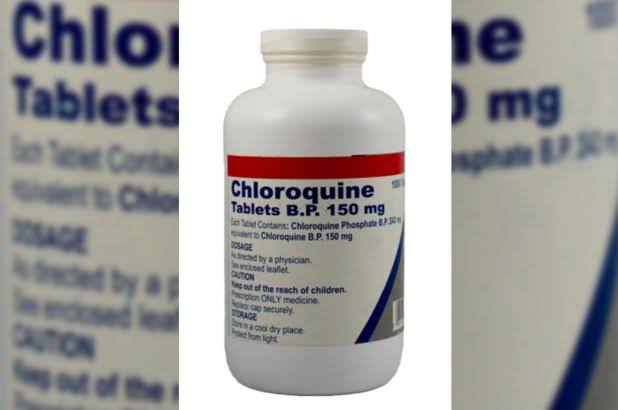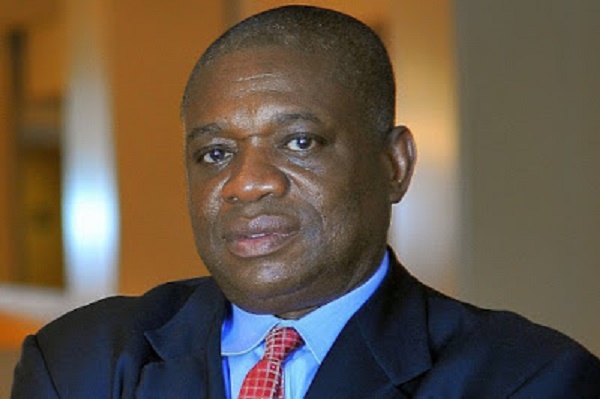The American Food and Drug Administration (FDA) on Sunday announced an emergency use authorization for hydroxychloroquine and chloroquine, for coronavirus treatment despite scant evidence.
The agency in its statement said it allowed the use of the drugs, either to be “donated to the Strategic National Stockpile or to be distributed and prescribed by doctors to hospitalized teen and adult patients with COVID-19, as appropriate, when a clinical trial is not available or feasible,” HHS said in a statement.
It, however, announced that Sandoz donated 30 million doses of hydroxychloroquine to the stockpile and Bayer donated 1 million doses of chloroquine.
The move was supported by the White House, part of a larger Trump-backed effort to speed the use of anti-malaria drugs as a potential therapy for a virus that has no proven treatment or cure.

According to reports published by Politico, FDA already has allowed New York state to test administering the medication to seriously ill patients, and some hospitals have added it to their treatment protocols.
“Let’s see how it works,” Trump said at a press briefing on Sunday, referencing New York state’s efforts. “It may. It may not.”
“I think Tony would disagree with me … [but] we have a pandemic, we have people dying now,” Trump said, adding that he’d recently spoken with FDA and been frustrated by the agency’s pace.
“They indicated that we’ll start working on it right away. It could take a year,” the president said. “I said what do you mean a year? We have to have it tonight.
Meanwhile, Career scientists have been skeptical of the effort, noting the lack of data on the drug’s efficacy for coronavirus care and worried that it would siphon medication away from patients who need it for other conditions, calling instead for the agency to pursue its usual clinical trials.
Three officials told Politico that FDA’s planned move would facilitate more access to the drug by allowing more manufacturers to produce or donate it.

Hydroxychloroquine, which is already available commercially in the United States, is commonly used to treat malaria, lupus and rheumatoid arthritis. The drug also has been touted as a therapy for coronavirus by an unusual assortment of investors, TV correspondents and even some advisers to the White House — including some advocates who overstated their claims and credentials — and been championed by guests on Fox News.
However, a growing number of lupus and arthritis patients have complained that they’ve been unable to fill their prescriptions amid ongoing shortages, and reports have emerged that some physicians are hoarding the drug for themselves. Federal officials also have privately complained that Trump’s focus on anti-malaria drugs has distracted from efforts to investigate more promising therapies.
Trump has pushed to experiment with new therapies and not wait on the usual clinical protocols, given the unprecedented nature of the coronavirus pandemic.


